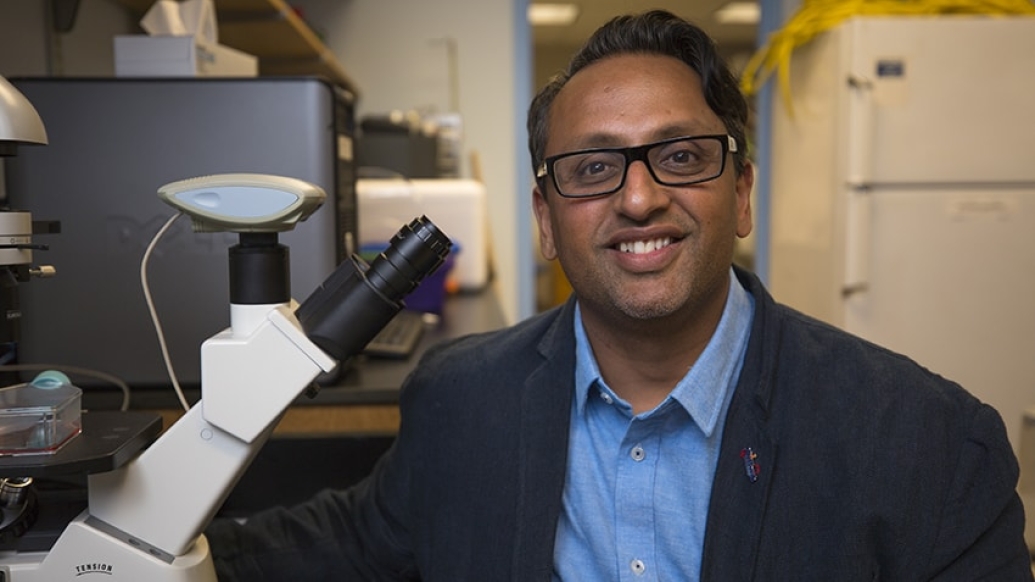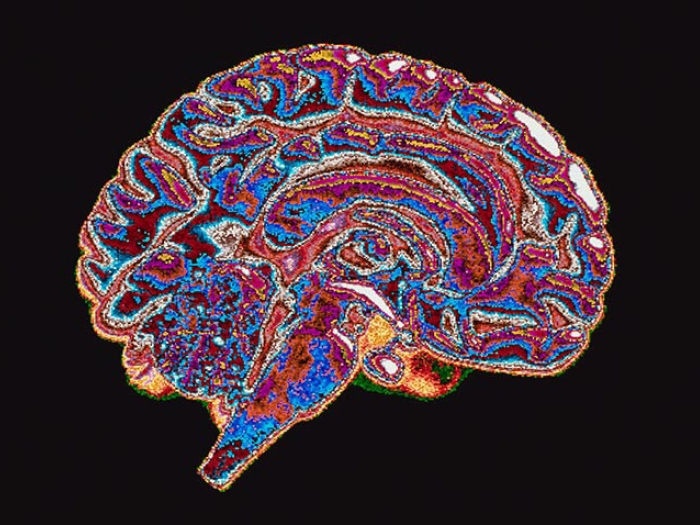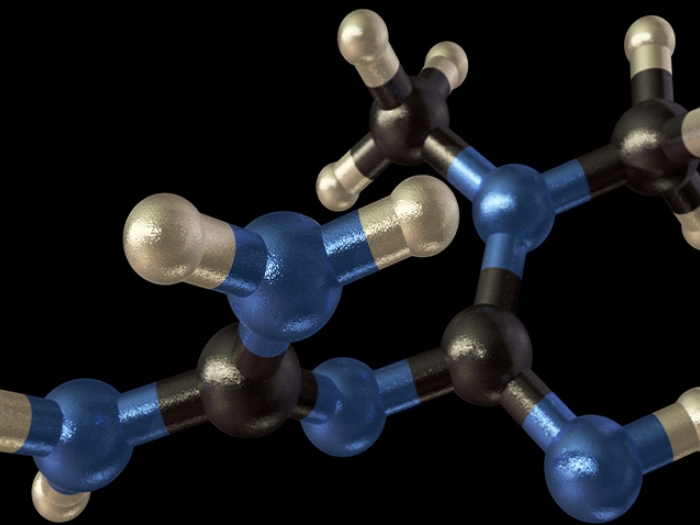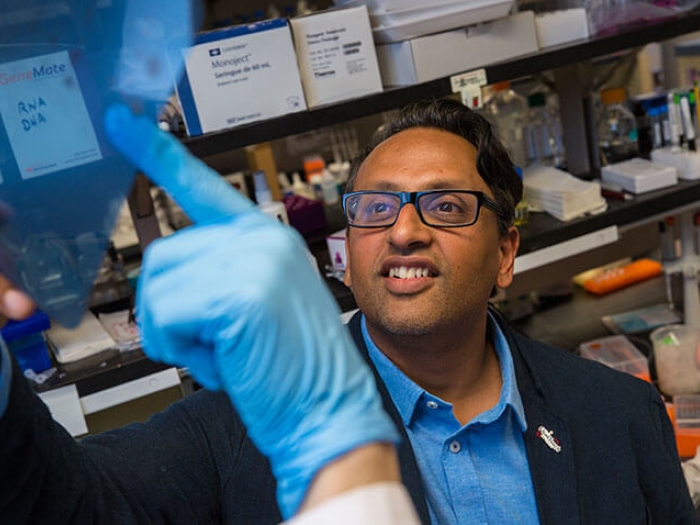An analysis of several hundred DIPG and related tumors, including Chad Carr’s, finds an overlooked key factor in determining prognosis for the aggressive childhood brain cancer.
7:00 AM
Author |

The prognosis for all children diagnosed with an aggressive brain tumor known as diffuse intrinsic pontine glioma (DIPG) and similar tumors has been mostly the same: dismal.
MORE FROM THE LAB: Subscribe to our weekly newsletter
But a small subset of patients with these tumors that bear mutations in a gene in the basic packaging of DNA (known as histone mutations) may have better outcomes than others, suggests new research from Michigan Medicine's Pediatric Brain Tumor Research Initiative.
Researchers mined data from more than 500 published cases of tumors with these histone mutations across the globe between 2012 to 2017 — including Chad Carr's tumor. Chad, the grandson of former University of Michigan football coach Lloyd Carr, died at age 5 in 2015 after being diagnosed with DIPG 14 months earlier.
In their review, researchers found a crucial factor that could influence outcomes: whether tumors with this histone mutation had invaded the surrounding brain.
Tumors from 21 patients stood out because the tumors had not invaded into the surrounding brain tissue. These patients, compared to those with more invasive tumors, had approximately four to five times longer survival rates, according to research published in the journal Acta Neuropathologica.
"These findings show that the extent of invasion into the surrounding brain tissue is really important in determining prognosis in DIPGs and similar tumors with histone mutations," says Sriram Venneti, M.D., Ph.D., a Michigan Medicine pathologist and the study's senior author.
"Current guidelines lump all tumors with this type of histone mutation into the same category when it comes to prognosis," Venneti says. "But our study suggests that we may need to consider how the tumor invades into surrounding regions of the brain. While the majority of these patients have invasive tumors, we found that those who don't, even though a small group of patients, have a better prognosis. This information could be meaningful to their individual treatment and outcomes."
'Significant' progress
The research is among a series of studies expected to be published through the year that use sequencing data from pediatric brain tumors. Chad Carr's family, along with others treated at U-M's C.S. Mott Children's Hospital, donated tumor tissue to DIPG research at Michigan.
SEE ALSO: DIPG Disruptors: 6 New Brain Tumor Research Efforts Underway
"Chad's tumor, along with other DIPGs, is helping us better understand how the tumor behaves and grows and why it is so resistant against treatment," Venneti says.
The study, a collaboration among Mott, U-M's pathology department, the Michigan Comprehensive Cancer Center and the Mayo Clinic, comes on the heels of a recent paper specifically focused on Chad's tumor uncovering genetic clues.
Because DIPG and tumors that bear this type of mutation are so rare and difficult to biopsy, clinical guidelines are based on relatively small patient cohorts, Venneti says. That's what makes the size and scope of the latest study so impactful.
"We've never seen a statistical significance between invasive and noninvasive tumors that bear this type of histone mutation because the patient sample size was so small," Venneti says. "By pooling together such a large number of global cases, we were able to uncover a significant but often overlooked factor. This study gives us statistical power to help answer the question of whether certain tumors should in fact be classified and treated differently.
"It is still far too early to know how this finding may guide therapy, but it is valuable for this group of patients," he adds. "With such a rare type of tumor, research on every single one helps us get closer to finding a way to fight it."

Explore a variety of healthcare news & stories by visiting the Health Lab home page for more articles.

Department of Communication at Michigan Medicine
Want top health & research news weekly? Sign up for Health Lab’s newsletters today!





